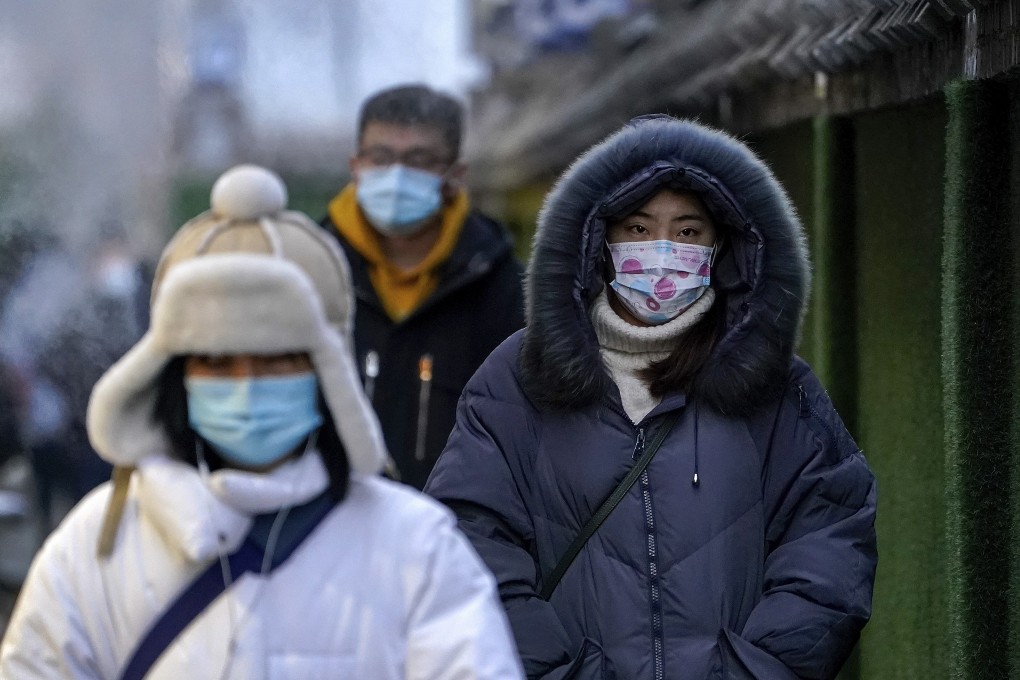Coronavirus: Chinese expert calls for more investigation into ‘environmental spread’ of Covid-19
- Questions of whether disease can be transmitted via food packaging and other surfaces ‘require us to find patterns and study preventive measures’, Zhong Nanshan says
- But Hong Kong professor says there is little evidence to suggest the virus is spread via cold chain products

Zhong Nanshan, a specialist in respiratory diseases, said at a health conference on Saturday that imported cases and the spread of Covid-19 through the environment were the two major challenges facing China as it sought to contain the problem.
He was referring to the risk of people becoming infected by touching contaminated surfaces, which has been a focus of China’s disease control prevention in recent months though not viewed as the main driver of transmission by many health organisations around the world.
“Can the virus found on cold chain packages infect people? How high does the concentration of the virus need to be to cause infection? How many days can the virus survive [outside the body]? These new questions require us to find patterns and study preventive measures,” Zhong said at the Jinyu Medical Academic Committee Symposium in Guangzhou in southern China.
He also called for greater vigilance among the medical community during the winter flu season as influenza and Covid-19 had similar symptoms.
“We can’t stand for a wrong diagnosis,” he said.